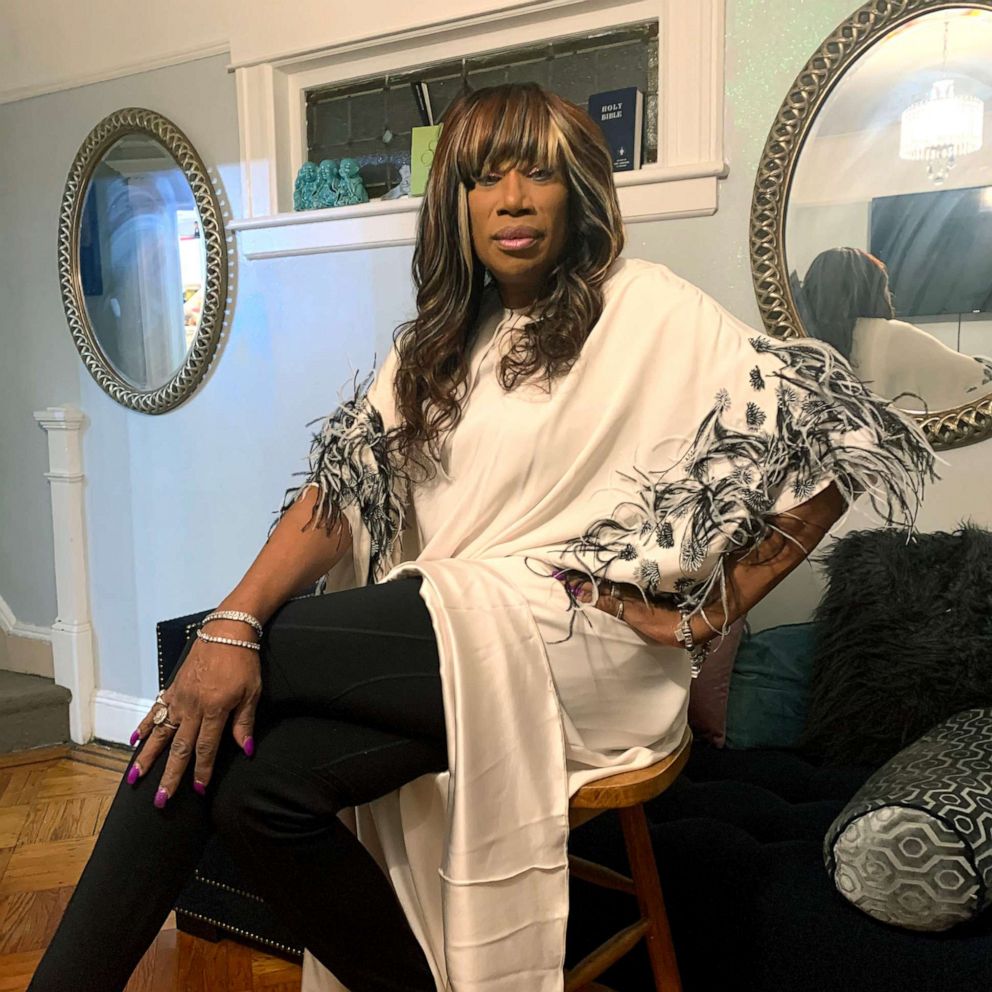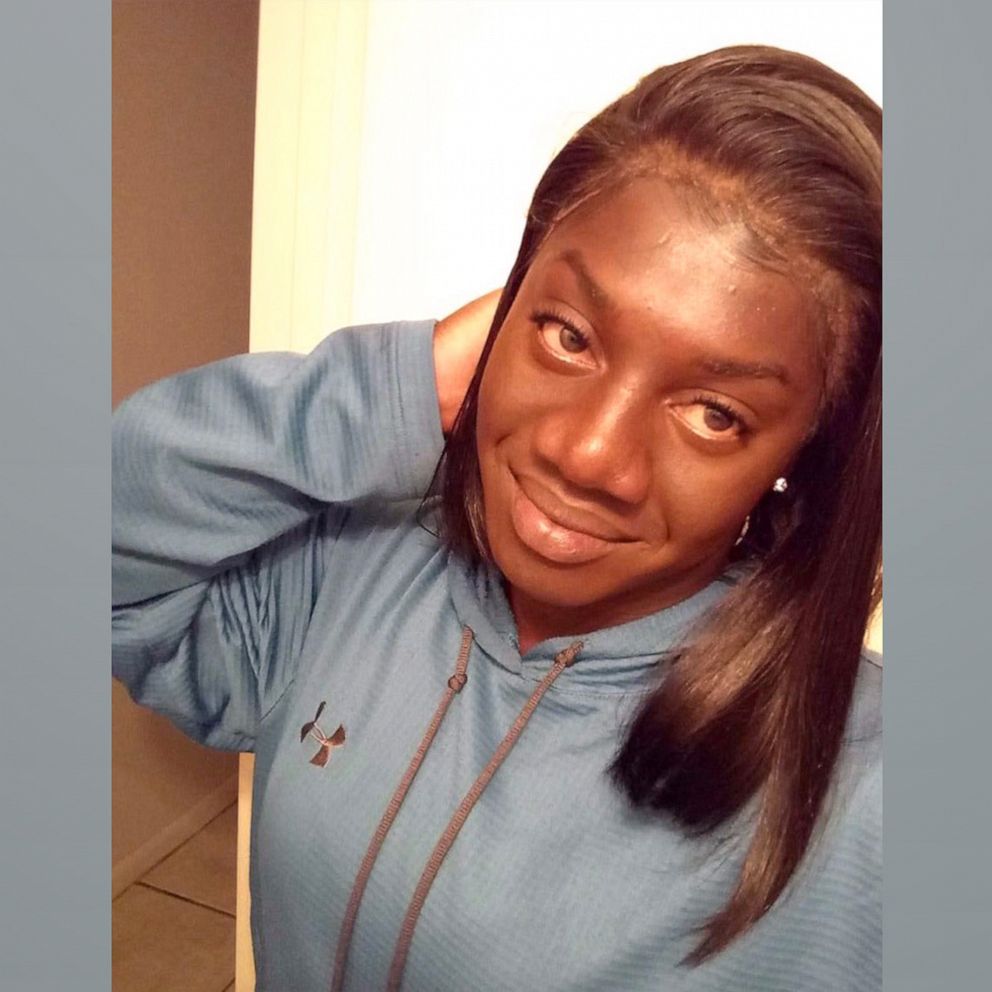Cambridge Dictionary expands its definition of 'woman' to include transgender women
The change came after careful study of "usage patterns of the word woman."
Cambridge Dictionary has expanded its definition of the word "woman" to be inclusive of transgender women.
In addition to the longtime definition of the word, "an adult female human being," in the dictionary entry for woman, additional descriptors have been added.
Cambridge now also defines a woman as, "an adult who lives and identifies as female though they may have been said to have a different sex at birth."
Included in the new entry are the examples, "She was the first trans woman elected to a national office," and, "Mary is a woman who was assigned male at birth."
A spokesperson for the Cambridge Dictionary told ABC News the addition to the entry was made in October.
The change made news this week after it was first reported in the U.K. newspaper The Telegraph.
The change was made by editors after "careful study," according to the Cambridge Dictionary spokesperson.
"They carefully studied usage patterns of the word woman and concluded that this definition is one that learners of English should be aware of to support their understanding of how the language is used," the spokesperson said in a statement. "The first definition at the entry for woman remains unchanged and continues to be 'an adult female human being.'"
"Our dictionaries are written for learners of English and are designed to help users understand English as it is currently used," the spokesperson continued. "They are compiled by analysing a large corpus of English texts (over 2 billion words in total) taken from all areas of writing and publishing, which allows us to see exactly how language is used. We regularly update our dictionary to reflect changes in how English is used, based on analysis of data from this corpus."

The dictionary also includes a definition for "man" that is inclusive of transgender men.
Along with the traditional definition of "an adult male human being," the entry for the word man also includes the language, "an adult who lives and identifies as male though they may have been said to have a different sex at birth."
Transgender is defined by the Centers for Disease Control and Prevention as "an umbrella term for persons whose gender identity or expression is different from their sex at birth."
A transgender woman is a person who lives as a woman, but was thought to be male when she was born, while a transgender man lives as a man, but was thought to be female when he was born, according to the National Center for Transgender Equity.
There are approximately 1.4 million transgender adults in the United States, according to the Center.
The Cambridge Dictionary's expanded definition of woman to include transgender women comes amid a surge of anti-transgender legislation and activism in the U.S.
More than 300 proposed bills across the country have targeted LGBTQ Americans in the last year, according to the Human Rights Campaign.
This year, Dictionary.com, which defines woman as "an adult female person," named "woman" as its word of the year.
"This year, searches for the word woman on Dictionary.com spiked significantly multiple times in relation to separate high-profile events, including the moment when a question about the very definition of the word was posed on the national stage," the online reference site said in announcing its word of the year this week. "Our selection of woman as our 2022 Word of the Year reflects how the intersection of gender, identity, and language dominates the current cultural conversation and shapes much of our work as a dictionary."
The site said the biggest spike in searches for the word "woman" came during the confirmation hearing of now-Supreme Court Justice Ketanji Brown Jackson, who was asked by Republican Sen. Marsha Blackburn, of Tennessee, to "provide a definition for the word woman."
"It was a rare case of not just a word in the spotlight, but a definition. We at Dictionary.com weren't the only ones to take notice. The prominence of the question and the attention it received demonstrate how issues of transgender identity and rights are now frequently at the forefront of our national discourse," Dictionary.com stated. "More than ever, we are all faced with questions about who gets to identify as a woman (or a man, or neither). The policies that these questions inform transcend the importance of any dictionary definition—they directly impact people's lives."







